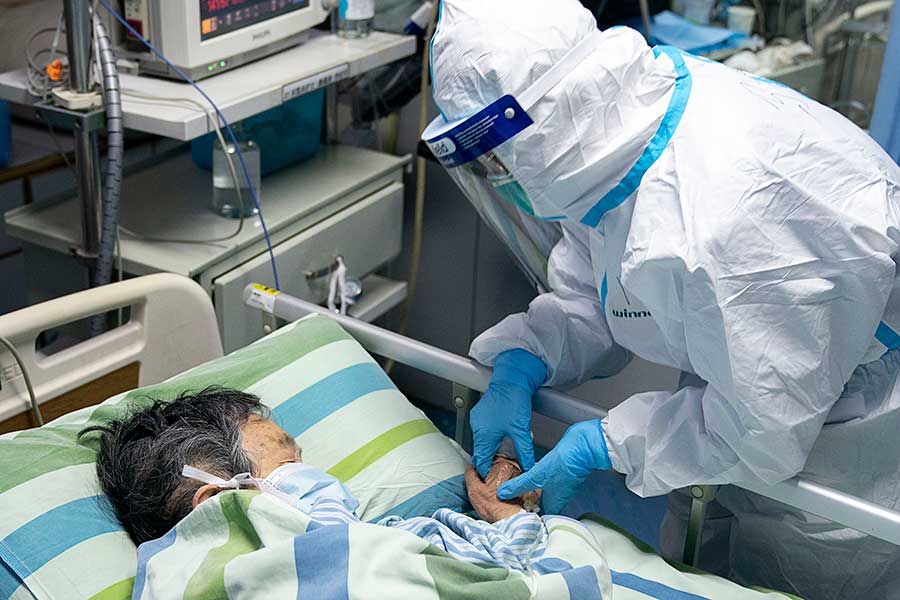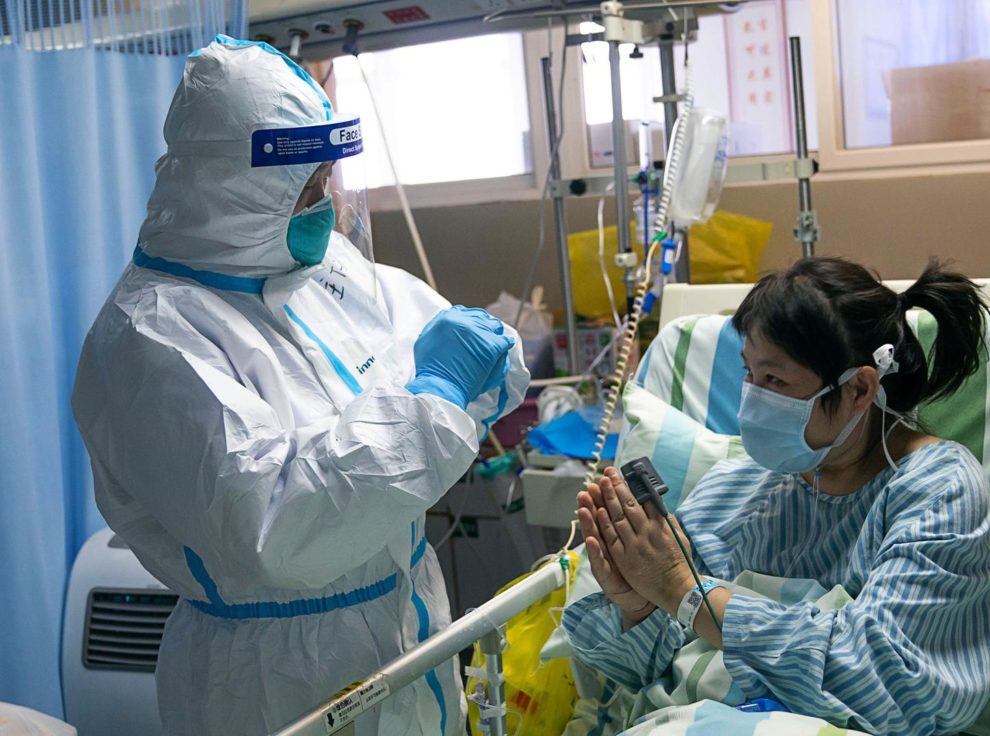It is all over the news, a deadly contagion creeping over the globe. A pandemic threatening to wipe out millions. People are scared, confused, hoarding hand sanitizer and donning masks. But why?
It is impossible to not be aware of COVID-19 infection, commonly known as coronavirus. Unfortunately, there is much more misinformation circulating in the media than facts. Everyone is suddenly an expert, or not.
Why does everyone seem so confused? Well, it is because we don’t really know a lot about this virus. We are still learning how it behaves, its origins, its method of transmission and how to treat it.
As a newly discovered illness, we are still in the process of studying it. How do we learn more? Unfortunately, by observing its behavior as it spreads, infects, sickens and yes, kills. However, not all is dire.
Coronavirus Mortality Rate
We do know the type of virus it is, and are staring to divine how it is spread, the most common symptoms and which populations are most vulnerable to contracting it.
Currently, the known mortality rate is about 2%. That may not seem like much, but compare this to the influenza virus (flu) which averages .1% annually, and it seems a bit more serious.

The coronavirus may be even deadlier (up to a 4% mortality rate has been estimated) as we really don’t know how many people infected or that are asymptomatic carriers. The latter being people who carry the carry and may spread the disease but do not become ill themselves.
That being said, and even with comparisons to other similar viruses such as SARS and MERS, the flu has killed more people this year than COVID-19. It is possible that the mortality rate may go down, but the number of people who die from COVID-19 will increase.
This may not be due to it becoming deadlier, just more common as the numbers of infected, especially vulnerable populations, go up over time.
Coronavirus Anxiety
The current advice from medial experts is pretty common-sense stuff: wash your hands thoroughly, avoid contact with others who show symptoms, etc.
However, those are things one should be doing all the time in order to prevent illness of any kind. The question becomes, do these really keep you safe, or are we just being given something, anything to assuage people’s fear of becoming ill?
Uncertainty is not our friend when it comes to topics that cause anxiety. Our brains are wired to react with alertness and precaution when confronted with a threat.

This is normal for most people, however, if the uncertainty becomes consistent over time or our biological and psychological coping skills become overwhelmed, then we may become symptomatic of excessive anxiety.
These may include: excessive worrying, fear, difficulty sleeping, heart palpitations, fatigue, emotional paralysis and panic symptoms. Individuals with a genetic predisposition for anxiety disorders are significantly more vulnerable.
Some of us will try to reduce our anxiety by becoming better informed. Though typically a good thing, in today’s media environment the data being retrieved may not be very accurate or even misleading.
The amount of information is vast, comes in overwhelming quantalities and the veracity of this information is frequently suspect. This creates a vicious cycle of false hope and worsening anxiety that decreases our chances of becoming more adaptive to the truth.
Those with anxiety often end up obsessively following the news, closely examining the number of infections and deaths as if knowing those numbers would give us options of how to cope more effectively. Instead they stoke additional fear and misunderstanding.
It is natural to search for a satisfying answer to our fear. We seek headlines such as “The virus disappears overnight,” “It will not infect my community,” or “A vaccine is available or a medication was found that cures the infection.”
All this in order to reduce fear and anxiety. Often, however the opposite happens and this may lead to panic attacks for individuals and irrationality in groups. All this making the situation worse for us personally and for society as a whole.
A particularly destructive yet common response is “scapegoating.” Targeting a group of people as the source or to blame them for the situation, separating them as a target of fear by their race, ethnicity or socioeconomic status. “They are to blame,” becomes the rallying cry.
How To Cope With Coronavirus Fears
It is a dangerous and unproductive method of dealing with anxiety that projects one groups fear unto another.
So, what would be the most adaptive way of dealing with these massive uncertainties?
- Control the aspects of your life you can control
- Avoid emotional or social paralysis – continue to live your life
- Communicate known facts to your children and reassure them that they should take rational precautions.
- Wash your hands
- Don’t touch your face after touching surfaces
- Cover your nose when sneezing
- Avoid obsessive news watching
- Seek reliable sources of information such the CDC (Center for Disease Control) or WHO (World Health Organization) websites and get reliable facts
- Maintain social contacts but avoid gossip and xenophobia
- Try and not overreact
The coronavirus is a risk that must be managed like any other.
If, however, you are suffering from anxiety or panic about this subject, seek professional help. Talk with a medical provider, a psychologist, therapist or psychiatrist. They are there to help you.












